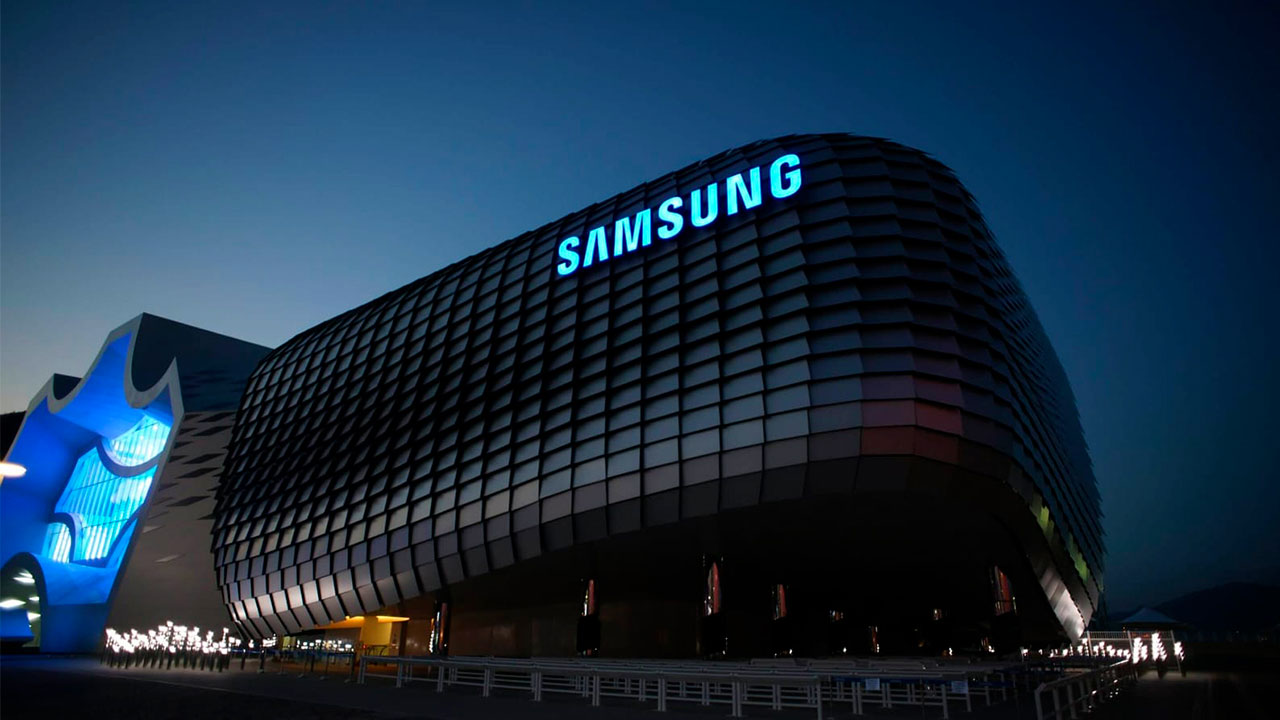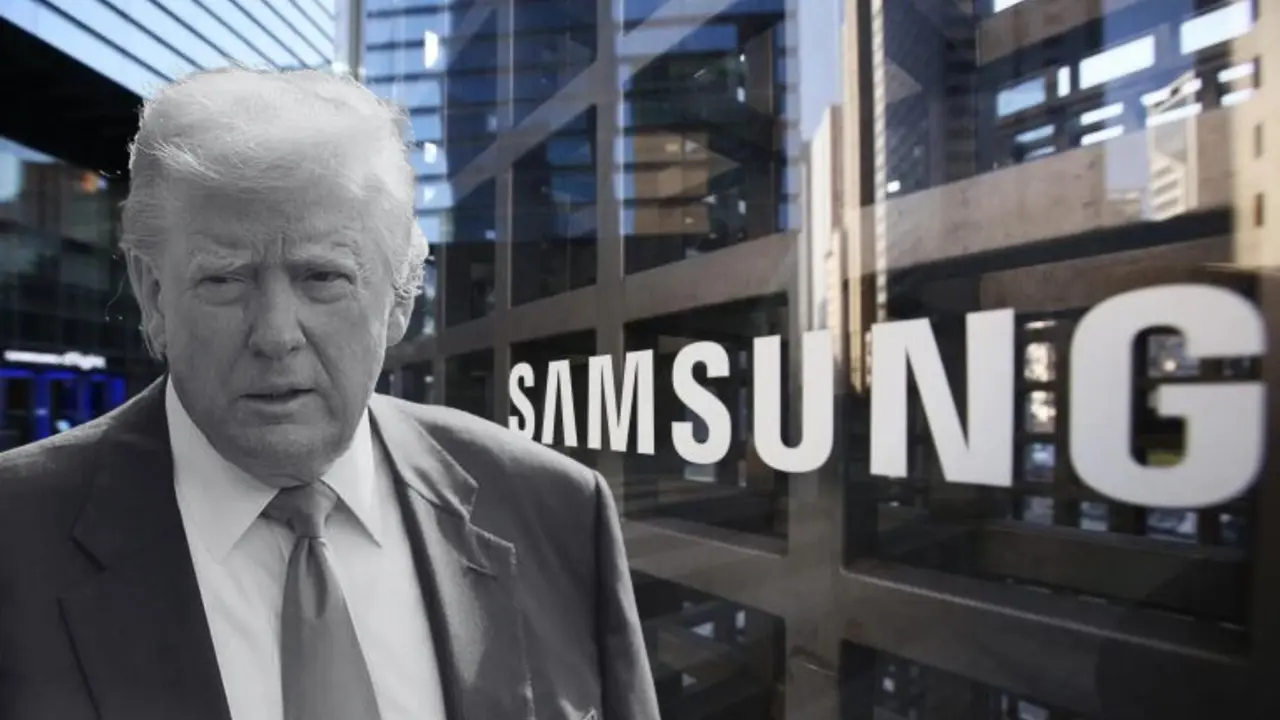The United States has lifted an exemption that allowed South Korean chipmakers like Samsung and SK Hynix to use American-made semiconductor equipment in their facilities in China. These companies now must obtain a license from the US to acquire their manufacturing equipment. This decision indicates that the US is expanding its technology restrictions on China.
The US is blocking Samsung’s investments in China
These companies were granted an exemption under the comprehensive restrictions that began in 2022. The US Department of Commerce has withdrawn this authorization in a decision published in the Federal Register. The decision will take effect in 120 days.

According to a statement from the Commerce Department, the companies’ existing facilities will be allowed to operate, but no capacity increases or technology upgrades will be approved.
The South Korean government has emphasized to the US the importance of South Korean companies’ operations in China for the stability of the global supply chain. The government is working to mitigate the negative impact of the decision by continuing negotiations with the US.
This development could create new opportunities for Chinese equipment manufacturers. Experts say that Chinese manufacturers could fill this gap, gaining a larger market share, and that US-based Micron could gain an advantage over Samsung and SK Hynix.
If the same restrictions are not applied to Chinese manufacturers, domestic companies like YMTC and CXMT are expected to gain more market share. Furthermore, foreign manufacturers like Samsung and SK Hynix would lose their “Verified End User” status, which allows them to obtain equipment more quickly and easily from American suppliers.
This situation demonstrates that the trade war between the US and China is directly impacting the semiconductor sector. While the two countries are currently in a temporary truce, uncertainty surrounding trade persists.
Until November, the US will continue to impose a 30% tariff on imports from China, while China will continue to impose a 10% tariff on American products. This situation is reportedly affecting Intel, which divested its Dalian plant in China this year.













